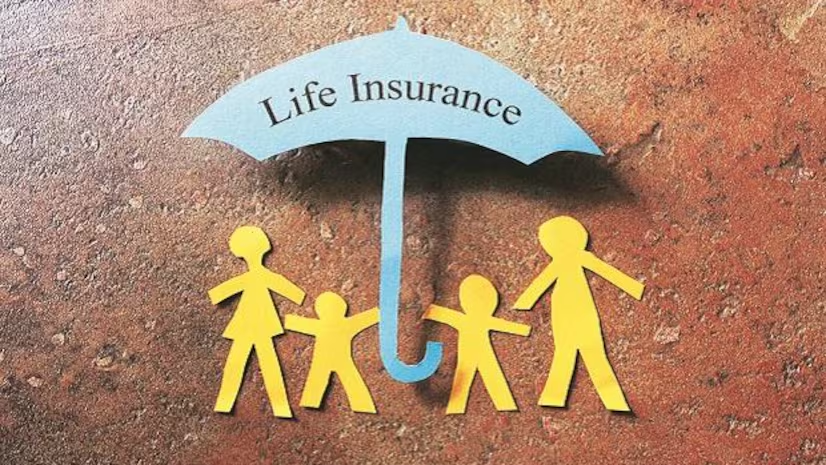In 2025, the landscape of purchasing insurance has evolved significantly, with an increasing number of consumers opting for online platforms to secure their policies. This shift raises a pertinent question: Is buying insurance online safe and reliable? Let’s delve into this topic to understand the current dynamics.
Key Takeaways
- Choose Reputable Providers: Ensure the insurer is well-established and regulated.
- Verify Website Security: Look for secure connections and clear privacy policies.
- Understand Policy Terms: Thoroughly review policy details before purchasing.
- Utilize Online Tools: Leverage comparison tools and customer reviews to make informed decisions.
- Stay Informed: Keep abreast of industry developments and regulatory changes to ensure continued safety and reliability in online insurance.
The Rise of Online Insurance

The digital transformation has permeated various sectors, and insurance is no exception. Online insurance platforms offer consumers the convenience of comparing policies, obtaining quotes, and purchasing coverage from the comfort of their homes. This shift is driven by several factors:
- Convenience: Consumers can access insurance products 24/7 without the need to visit physical offices.
- Cost-Effectiveness: Online platforms often have lower operational costs, which can translate into reduced premiums for consumers.
- Transparency: Detailed information about policies, terms, and conditions are readily available, allowing consumers to make informed decisions.
Assessing the Safety of Online Insurance
When considering the safety of purchasing insurance online, several aspects come into play:
1. Reputable Insurance Providers
Ensuring that the insurance provider is reputable is paramount. Established companies with a strong online presence are more likely to offer secure platforms. It’s advisable to verify the company’s credentials and read customer reviews before proceeding.
2. Secure Websites
A secure website is a fundamental indicator of a trustworthy online insurance provider. Look for:
- HTTPS Protocol: Ensures that the website encrypts data transmitted between your browser and the site.
- Padlock Icon: Indicates a secure connection.
- Privacy Policy: A clear and comprehensive privacy policy outlining how your data will be used and protected.
3. Regulatory Compliance
In many regions, insurance companies are regulated by governmental bodies. In India, for instance, the Insurance Regulatory and Development Authority of India (IRDAI) oversees the operations of insurance providers. Purchasing insurance from companies registered with such regulatory bodies adds an extra layer of security.
4. Data Protection
Reputable online insurance platforms employ robust data protection measures to safeguard your personal and financial information. This includes encryption technologies and secure payment gateways.
Evaluating the Reliability of Online Insurance
Reliability in online insurance pertains to the provider’s ability to deliver on its promises, especially during claims processing. Factors to consider include:
- Claims Process: A streamlined and transparent claims process is indicative of a reliable insurer.
- Customer Support: Accessible and responsive customer support channels can enhance the reliability of an online insurance provider.
- Policy Terms: Clear and understandable policy terms reduce the likelihood of disputes and ensure that consumers receive the coverage they expect.
Advantages of Buying Insurance Online

Opting for online insurance offers several benefits:
- Cost Savings: Reduced overhead costs for insurers can lead to lower premiums for consumers.
- Convenience: The ability to compare multiple policies and make purchases at any time.
- Access to Information: Detailed policy information and customer reviews are readily available, aiding in informed decision-making.
Potential Drawbacks
Despite its advantages, online insurance has some potential drawbacks:
- Lack of Personal Interaction: Some consumers may prefer face-to-face interactions when discussing complex insurance needs.
- Overwhelming Choices: The plethora of options available online can be overwhelming for some individuals.
- Risk of Fraud: While rare, there are fraudulent websites posing as legitimate insurance providers.
Also Read :-How Can You Find The Best Cheap Home Insurance Today?
Conclusion
In 2025, buying insurance online is both safe and reliable, provided consumers exercise due diligence. By choosing reputable providers, ensuring website security, and understanding policy terms, individuals can confidently navigate the online insurance landscape. As the industry continues to evolve, staying informed and vigilant will ensure that online insurance remains a viable and secure option for consumers.
FAQs
1. Is it safe to buy insurance online?
Yes, purchasing insurance online is safe, provided you choose reputable providers and ensure the website is secure.
2. How can I verify if an insurance website is secure?
Look for “https://” in the URL and a padlock icon in the address bar. Additionally, review the site’s privacy policy.
3. Are online insurance premiums cheaper?
Often, yes. Online platforms can offer lower premiums due to reduced operational costs.
4. Can I trust online insurance reviews?
While many reviews are genuine, it’s essential to read a variety of reviews and consider the overall consensus.
5. How do I file a claim with an online insurer?
Most online insurers provide a straightforward claims process through their website or mobile app.
6. Are online insurance policies as comprehensive as traditional ones?
Yes, online policies can offer the same coverage as traditional ones; always compare terms before purchasing.
7. What should I do if I have issues with my online insurance policy?
Contact the insurer’s customer support team for assistance. If unresolved, you can approach the relevant regulatory authority.



